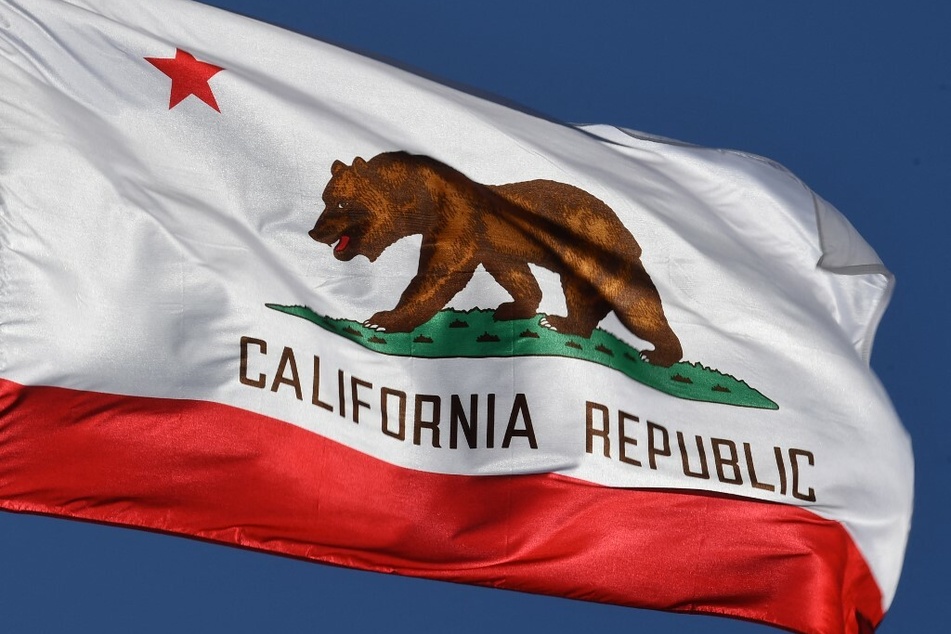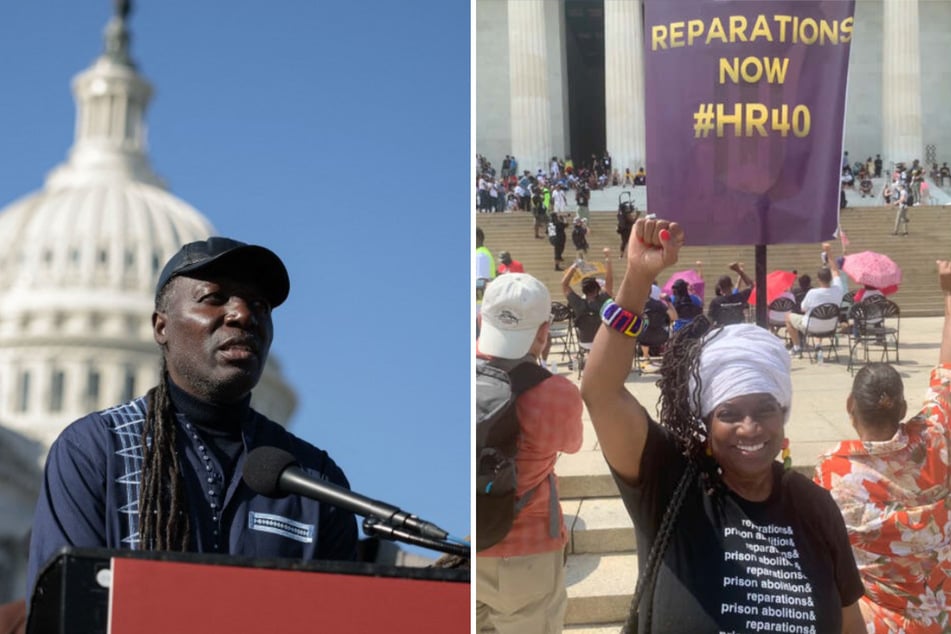Reparations advocates weigh in on California task force report: "History in the making"
Sacramento, California - The California Reparations Task Force released its highly anticipated 500-page interim report last week, and TAG24 NEWS checked in with activists to learn more about the significance of the findings for the US reparations movement.

California may be known as one of the most progressive states in the country, but the Reparations Task Force's findings show that when it comes to racial justice, there's still a lot of work to be done.
A report details the harms the state has inflicted on Black people over the years, beginning with enslavement and extending to present-day systemic discrimination.
Though California outlawed slavery in the 19th century, the state has continued to enact racist policies over the years that disproportionately harm Black people. The task force found that this legacy of white supremacy has left its mark on almost every area of Black life, from wealth to employment, housing, education, health, and the legal system.
"This system of white supremacy is a persistent badge of slavery that continues to be embedded today in numerous American and Californian legal, economic, and social and political systems," the report said. "The governments of the United States and the State of California have never apologized to or compensated African Americans for these harms."
The task force – the first state-level reparations commission of its kind – was formed in 2020 to study and develop reparations proposals for Black Californians. They listed a number of preliminary recommendations in their report to address ongoing racial disparities, including establishing a truth and reconciliation commission, extending housing grants and loans, addressing Black voter disenfranchisement, granting voting rights to incarcerated people, and more.
Task Force Chair Kamilah Moore said in a California Department of Justice press release that she hoped the report could serve as "an educational and organizing tool" for reparations advocacy in California and beyond.
Reparations advocates respond to the report

Reparations activists in California and across the US were eager to see the findings and recommendations issued by the task force, which could provide a blueprint for future reparations initiatives beyond the state's borders.
Dee Seligman, a member of the San Francisco Black and Jewish Unity Coalition, told TAG24 NEWS, "This report definitively disproves the oft-repeated dismissal that slavery ended with the Emancipation Proclamation and has no effect today."
"The standard story that American history is steadily progressing is denied by the story uncovered here," she noted. "African Americans, as a group, have experienced systemic blockades at every turn as they have tried to leave the past and improve their families' lives."
"Many people discount reparations as at worst, impossible to calculate, or at best, too complicated to figure out. This report counters those arguments with specific answers in the form of appropriate reparations on the state level that address specific wrongs," Seligman said, adding that the task force plans to share their report with the Biden administration and Congress with the recommendation that they also establish a federal study commission.
"Let's get to it and start healing our country!" she urged.
Reparations Task Force report echoes around the country

Other activists around the country also weighed in on the historic report.
"The California Reparations Task Force's Interim Report is an extraordinary step in getting this nation to the truth of white nationalism and how it affects Black Americans past and present," said Kamm Howard of Reparations United.
"The detailed examination across many areas leaves no question as to the current legacy of racialized crimes national and in the state of California. Their preliminary findings and recommendations provide a sound foundation for which concrete redress proposals can be built."
Nkechi Taifa, director of the Reparation Education Project, said, "In releasing its over-500-page interim report, the State of California has taken the lead, jumping leap frog over the federal government, in officially studying and recommending reparations proposals for African Americans."
"The report, as valuable as it is voluminous, is, essentially, history in the making. From California’s 'sundown towns' to its towns obliterated due to urban renewal, the report’s preliminary findings call for comprehensive reparations – a series of multi-faceted remedies to make amends for multi-faceted harms," she continued.
"I’m impressed with the interim report and am anxious to see what fruit the final report will bear!"
The California Reparations Task Force will issue its final report in 2023.
Cover photo: Collage: Anna Moneymaker / GETTY IMAGES NORTH AMERICA / Getty Images via AFP & Nkechi Taifa

